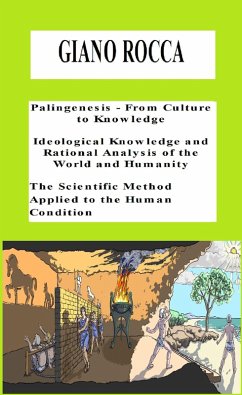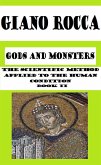This lack of knowledge is a tool for perpetuating the same structural archetypes that societies use to govern their populations. The myth, or allegory, of the cave, mentioned by Plato, well illustrates the condition of deprivation of true freedom in which humanity finds itself, and this deprivation of freedom gives rise to various beliefs, in place of an effective knowledge of the reality of the human condition, of human nature itself, and of its true potential.
The acquisition of knowledge on an empirical basis, open to any refinement or replacement of paradigms that prove invalid for the continuous progress of knowledge itself, in the direction of the acquisition of that EPISTEME (understood as knowledge with scientific validity: on the human condition in historical structural reality, on its causes, on humanity as a species and on each individual) that has been in the auspices of many thinkers since classical antiquity, will allow the construction of some communities based on a model of social organization that does without structures of any kind, being the called communities: the sum of the individualities that adhere to them.
Dieser Download kann aus rechtlichen Gründen nur mit Rechnungsadresse in A, B, CY, CZ, D, DK, EW, E, FIN, F, GR, H, IRL, I, LT, L, LR, M, NL, PL, P, R, S, SLO, SK ausgeliefert werden.









